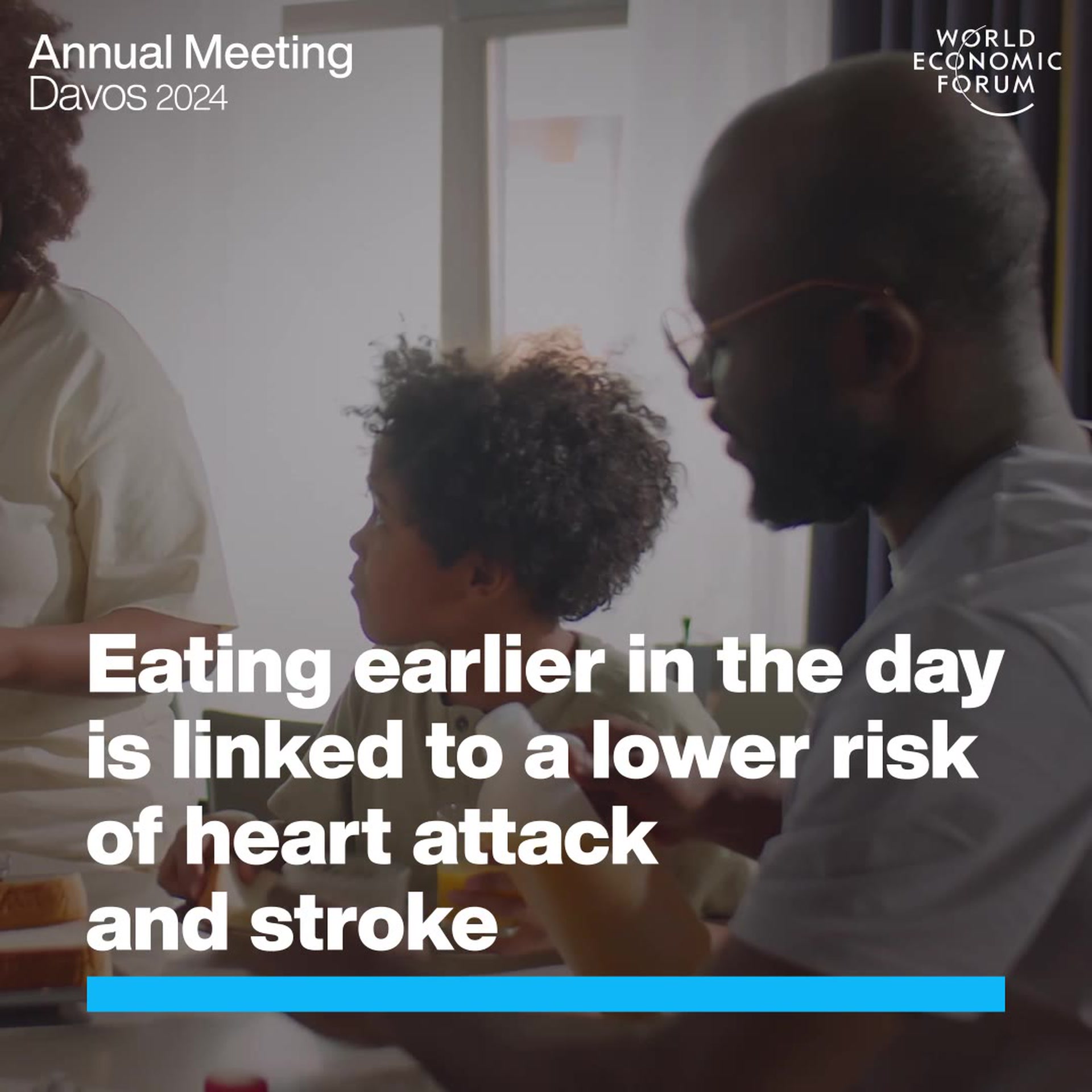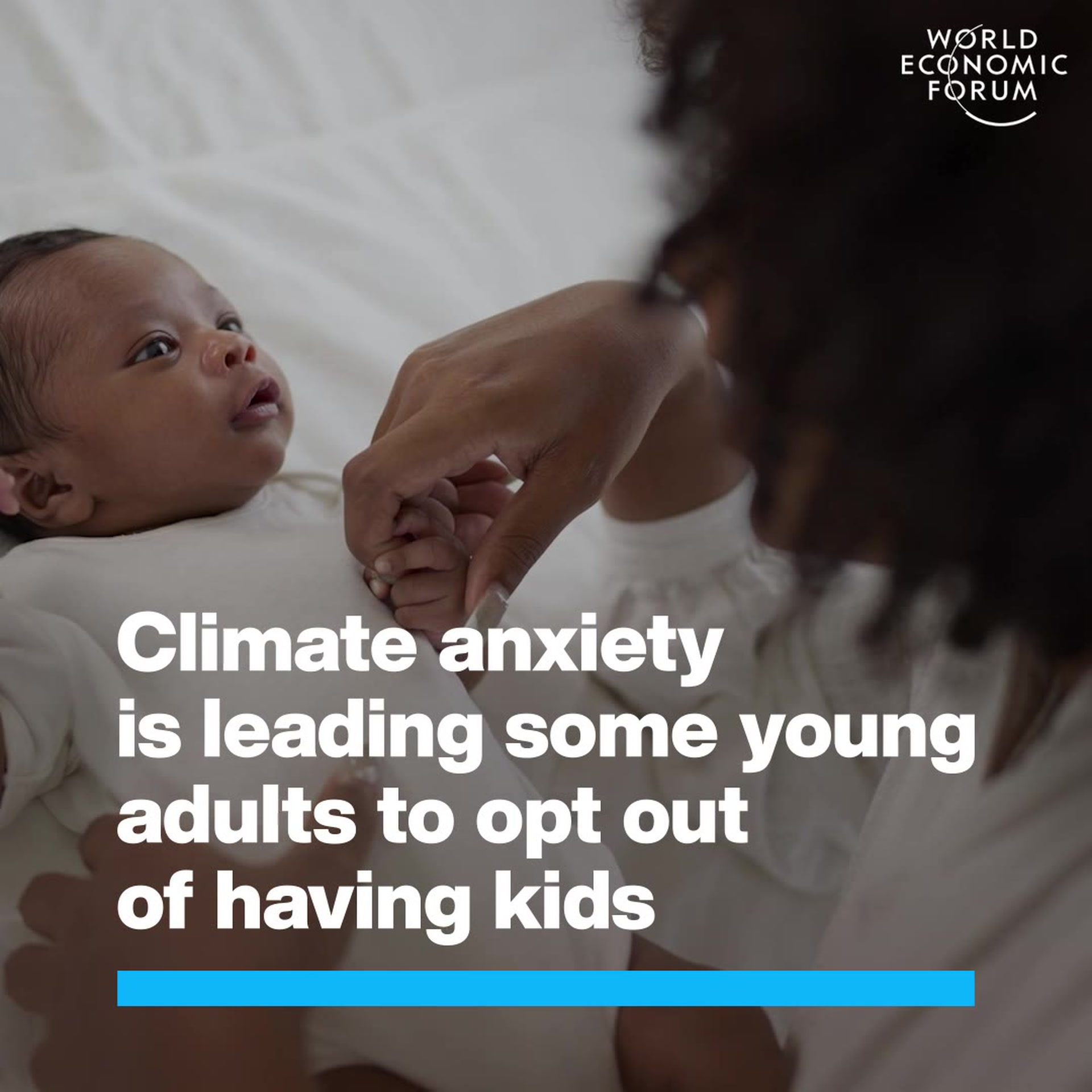7 tips for becoming an excellent public speaker


Get involved with our crowdsourced digital platform to deliver impact at scale
Stay up to date:
Behavioural Sciences
Having to give a speech in front of an audience can cause some people to shake, sweat, get sick, or freeze in terror. The root of this fear is simple: It’s scary because it’s unfamiliar to anyone who doesn’t regularly perform to a crowd.
“I always tell members after they give their first speech, ‘That’s the hardest speech you’ll ever give,'” says Joshua Rinaldi, the former president of New York Toastmasters, Manhattan’s largest chapter in the Toastmasters International network of over 14,000 public speaking clubs around the world.
The best way to become a better public speaker is through repetition and feedback from a trusted source, but there are several habits you can establish early that will make your journey easier. Here are some of Rinaldi’s top tips for becoming a confident, effective speaker.
This article is published in collaboration with Business Insider. Publication does not imply endorsement of views by the World Economic Forum.
To keep up with Agenda subscribe to our weekly newsletter.
Author: Richard Feloni covers management strategy and entrepreneurship for Business Insider. Dylan Roach is a graphic designer for Business Insider.
Image: U.S. President Barack Obama speaks during a visit to the Ford Assembly Plant in Detroit, Michigan. REUTERS/Kevin Lamarque
Don't miss any update on this topic
Create a free account and access your personalized content collection with our latest publications and analyses.
License and Republishing
World Economic Forum articles may be republished in accordance with the Creative Commons Attribution-NonCommercial-NoDerivatives 4.0 International Public License, and in accordance with our Terms of Use.
The views expressed in this article are those of the author alone and not the World Economic Forum.
Related topics:
The Agenda Weekly
A weekly update of the most important issues driving the global agenda
You can unsubscribe at any time using the link in our emails. For more details, review our privacy policy.
More on Behavioural SciencesSee all
Peter Dizikes
November 27, 2023
Aaron De Smet and Patrick Simon
September 25, 2023
Kate Whiting and Kateryna Gordiychuk
September 6, 2023







